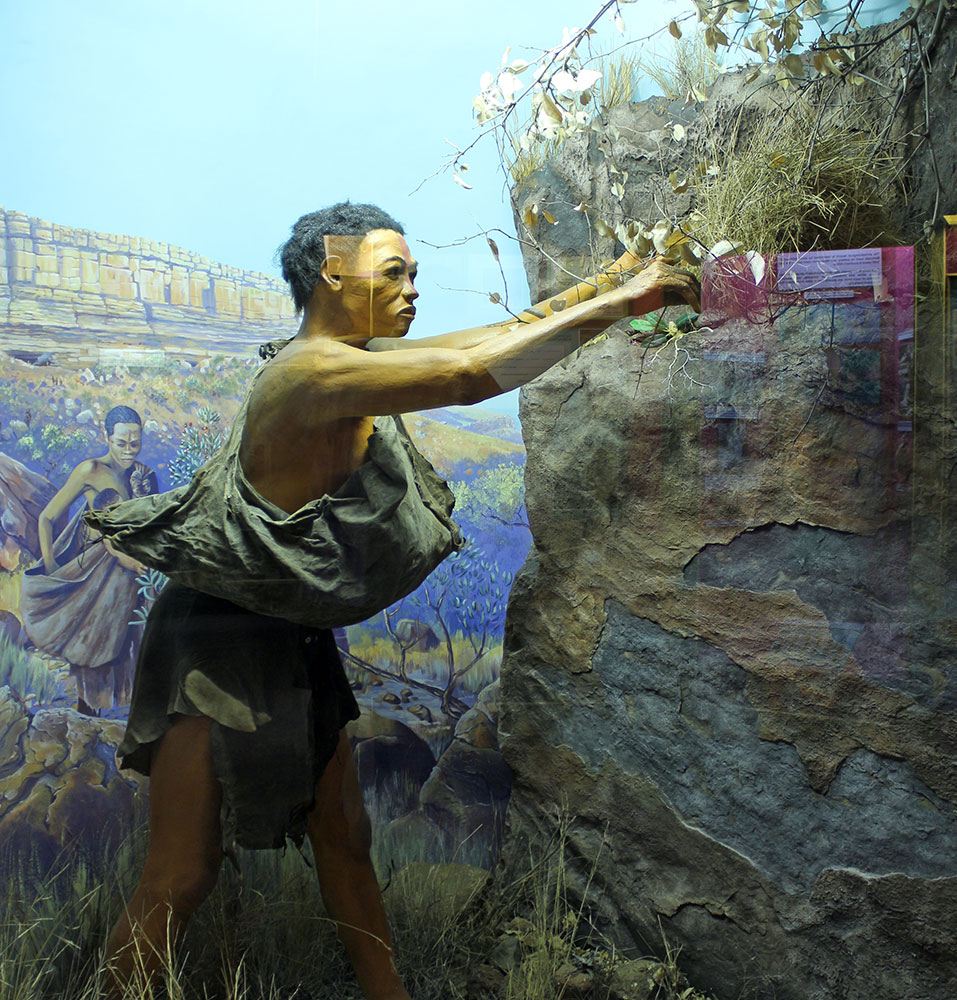Seeking recently to define anthropology – which could be given as, broadly, the study of humanity in its social, cultural, and physical aspects, past and present.
Tim Ingold suggested that “the task of anthropology is to help dismantle the intellectual barriers that currently separate the humanities from natural science”; that “social/cultural anthropology, biological anthropology and archaeology form a necessary unity”; and that “anthropology deals, in the first place, not with entities and events, but with relations and processes.”
If, historically, there was a tendency for anthropology to be a study of “the other” in colonial situations by western academics, Ingold argues that in anthropology today “we study ourselves” – “the future of anthropology lies in changing our conception of who ‘we’ are, from an exclusive Western ‘we’ to an inclusive, global ‘we’.” He ends by suggesting that “Anthropology is philosophy with the people in.”
Archaeology, as a sub-discipline of anthropology, is the study of the material traces of past human activity. It may be defined as a set of methods and techniques used for writing history based on the material record that humans leave behind or that may be relevant to that record. It covers the span of time from our earliest ancestors, and in principle extends to within moments of the present.

